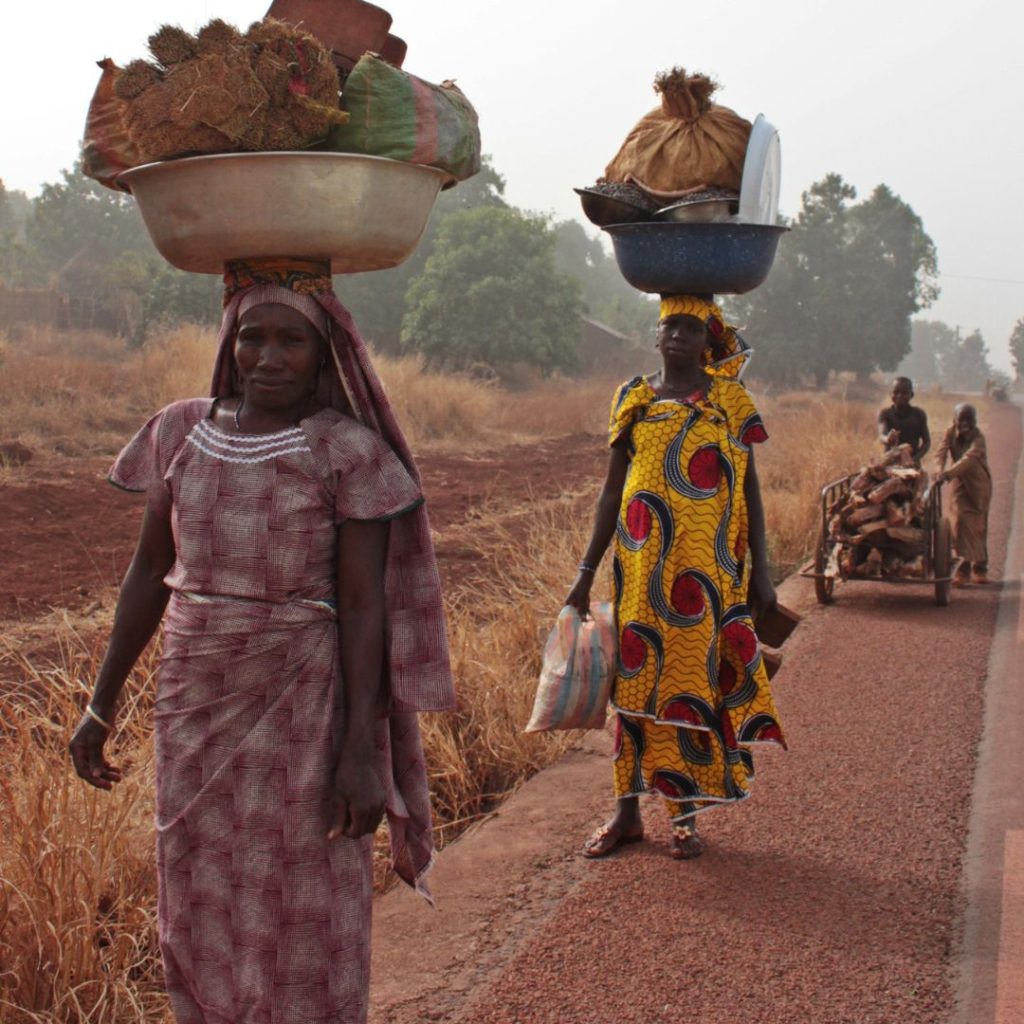20.02: World Day for Social Justice

In 2009, in the wake of the global financial and economic crisis, the UN proclaimed the first World Day of Social Justice on February 20. All UN member states subsequently signed an agreement on 17 goals for sustainable development and greater social justice (the so-called Sustainable Development Goals SDGs), which came into force on January 1, 2016 with a term of 15 years. They apply to all countries and not just developing countries, including Austria. This is because the climate crisis can only be overcome through interlinked social, economic and ecological measures - through a "transformation of the world".
In the face of persistent global challenges - geopolitical instability, economic uncertainties and the climate crisis - it is essential to address long-standing problems in our systems, writes the ILO, the International Labor Organization on this year's World Day of Social Justice. These challenges are exacerbating structural inequalities and leaving millions of people further behind. In 2023, labor markets showed amazing resilience despite economic downturns. Yet the recovery remains uneven, with new vulnerabilities undermining prospects for social justice. The need to bridge gaps and build alliances will therefore become increasingly important.
That is why 2024 will emphasize the crucial role of international cooperation and solidarity in achieving social justice within the framework of multilateralism.
International situation
In addition, the labor market outlook and global unemployment will worsen, as an additional two million workers are expected to be looking for a job in 2024, pushing the global unemployment rate from 5.1% in 2023 to 5.2%. As reported by the ILO in its latest World Employment and Social Outlook Report, in 2023:
- 241 million workers in extreme poverty
- 423 million workers in moderate poverty
These alarming figures underline the urgent need for concerted efforts to tackle the root causes of
of working poverty and to improve economic opportunities worldwide.
All over the world, structural problems are hindering the creation of decent jobs.
World Social Forum back in Asia after 20 years
From 15-19 February, representatives of 1,100 social movements and NGOs from all over the world met at the World Social Forum in Nepal to discuss global challenges ranging from human rights and climate justice to food and democratization. This was launched in 2001 as a counter-movement to the summits of the World Trade Organization, the World Economic Forum in Davos and the world economic summits of the G8 countries.
The UN's World Future Treaty says one thing first and foremost - it's your decision
Situation in Austria
In line with the UN goals, the Austrian federal government has set itself the target of halving poverty in this legislative period in its coalition agreement, but is a long way from achieving this. In Austria, one in five children is at risk of poverty and almost 40,000 children experience manifest poverty. Overall, almost a fifth of the population is at risk of poverty or social exclusion. "The government must keep its word," demands AK President Renate Anderl on the occasion of the UN World Day of Social Justice.
Poverty in Austria is in stark contrast to wealth: there are an estimated 49 billionaires in Austria with a total wealth of 184 billion euros. According to the Chamber of Labor, poverty could be eliminated across the board with just 2 percent of this amount. "This is possible with millionaire taxes. They could raise up to 5 billion euros," says Anderl.
And: "Social cuts through the back door, disguised as a 'reduction in ancillary wage costs', is the opposite of social justice and the opposite of what the government has committed itself to in its government program and vis-à-vis the international community."
"Instead of fighting the spiral of poverty, we are cementing social inequality. The crises of recent years, the COVID-19 pandemic and the inflation crisis, have exacerbated the social situation even further. We must finally break this cycle of inequality," says Erich Fenninger, Director of Volkshilfe Österreich on the occasion of World Social Justice Day. To this end, he is calling for wealth-related taxes and basic child protection.
With a share of almost 40 percent, inheritances are the biggest driver of wealth differences between households and therefore of social inequality in Austria. "This unearned income particularly benefits the wealthy and men," criticizes Fenninger.
The four dimensions of social justice
World Social Justice Day 2024 provides an opportunity to promote dialog on measures needed to achieve social justice by strengthening the social contract, which is characterized by increasing inequalities, conflicts and weakened institutions designed to uphold and protect workers' rights.
To promote inclusive and sustainable economic growth, employment and decent work for all, we need to focus on the four interrelated and interdependent dimensions of social justice, according to the ILO:
- general human rights and capabilities, including access to an adequate standard of living, education, healthcare and social security
- equal access to opportunities for employment and productive activity that enable people to secure their material well-being
- equitable distributional outcomes, including a fair share of the benefits of economic growth, taking into account the most disadvantaged or vulnerable members of society
- and just transitions in relation to the significant changes affecting people's well-being over time, including changes related to globalization, technological, demographic and environmental changes.
Left:
ILO World Day of Social Justice 2024






